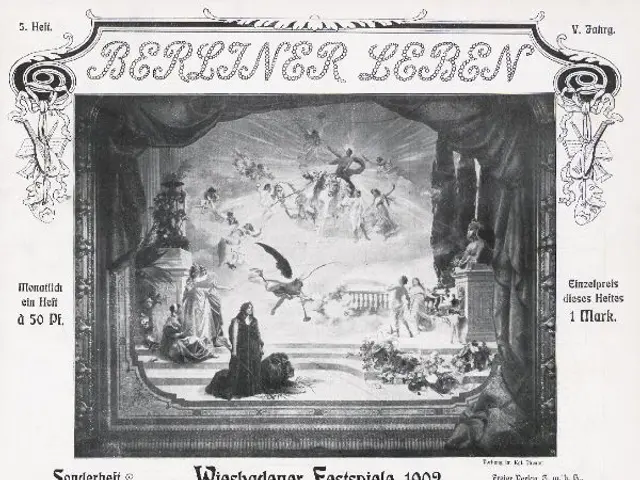Employee Termination: Firings Based on Political Beliefs Are Technically Permissible
In the digital age, political expression on social media platforms has become a common occurrence. However, for both public and private-sector employees, it's essential to be mindful of the potential consequences that such speech may have on their employment.
Firstly, it's crucial to be aware of mandatory arbitration or broad confidentiality clauses in offer letters. These clauses can restrict your ability to speak freely about workplace issues or file a lawsuit if you face termination due to your political speech.
Protections for political speech vary greatly depending on the context. Government employees are shielded by the First Amendment doctrine, while private-sector workers may find protection through state statutes or the National Labour Relations Act (NLRA) for concerted activity about workplace conditions. Additionally, state laws may explicitly protect off-duty political or recreational activities, and your political view may be protected if it is inseparable from a sincerely held religious belief.
Employer policies, handbooks, and public statements about political neutrality can either help or hurt your claim, depending on their consistency. For public employees, invoking the First Amendment doctrine is a legal strategy, while private-sector workers should focus on state statutes or the NLRA.
To reduce the risk of termination, it's advisable to familiarise yourself with your state's laws and your employer's written policies. Separating personal and professional accounts, locking down privacy settings, avoiding using employer property or branding when speaking, and documenting any retaliatory conduct are all crucial steps to take. If you are a union member, seeking advice from a union representative is also recommended. In cases of high-risk public actions, consulting an employment attorney is highly advisable.
It's important to note that right-to-work laws do not address job security but rather union membership and dues. In the public sector, protections, state statutes, the NLRA, and overlaps with protected classes can all change your risk of termination for political speech.
In the event of termination, collecting concrete evidence such as screenshots with timestamps, copies of termination emails or HR notes, performance reviews, and internal messages can be invaluable. Witness statements from coworkers who heard biased comments and comparative treatment evidence are especially powerful. Documenting emotional and financial losses resulting from job loss can also strengthen your case, as these figures can be used as evidence for damages.
If you believe you have been unfairly terminated for political speech, it's essential to act immediately to preserve evidence and consult a lawyer. Depending on the circumstances, you may need to file with the Equal Employment Opportunity Commission (EEOC) or your state fair-employment agency, contact the NLRB for concerted activity claims, and retain a specialized employment attorney to evaluate state-specific statutes.
Written policies and contracts can be your strongest defense against termination. If you have a signed contract that limits termination to "for cause," that document can override at-will status. In some cases, your state may have added statutory protections for off-duty political speech.
In conclusion, while employers have broad power in the private sector to discipline or fire for affiliation or activism, they can be challenged if their actions are retaliatory, if state statutes prohibit it, or if the activity intersects with a protected class or NLRA-covered concerted activity. By being informed, taking precautions, and seeking legal advice when necessary, employees can navigate the complexities of political speech in the workplace.
Read also:
- King Charles's body language analyst dissects signs of apparent 'impatience' exhibited by Charles towards Trump
- Mohammad Yousuf publically labeled Suryakumar Yadav as a "pig," an unusual slur Yousuf explained.
- Today's most impactful photographic moments
- Support for Eric Adams in The Post's Letters to the Editor on August 13, 2025








